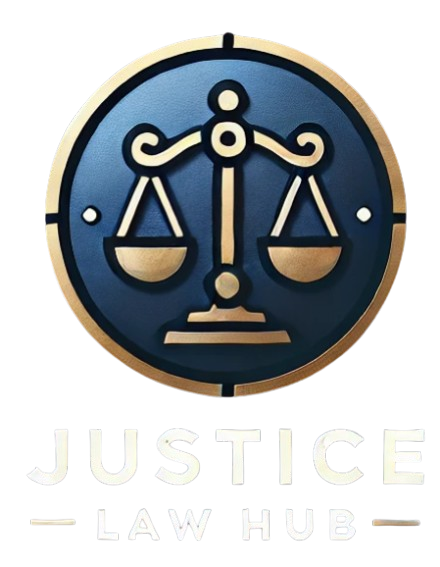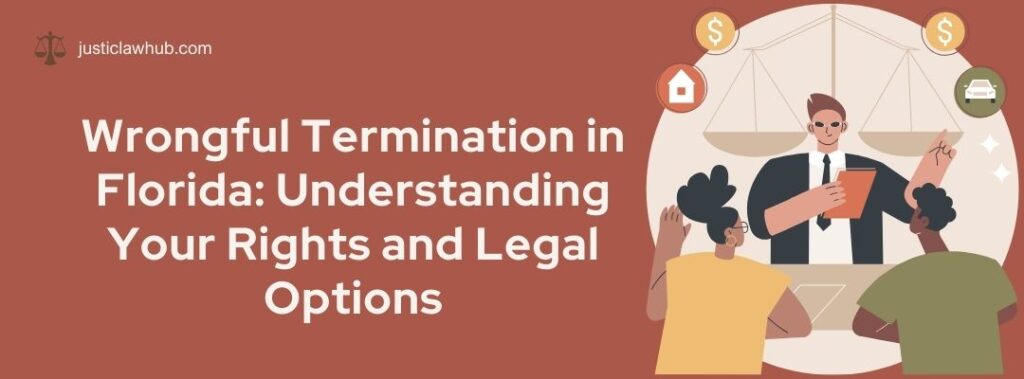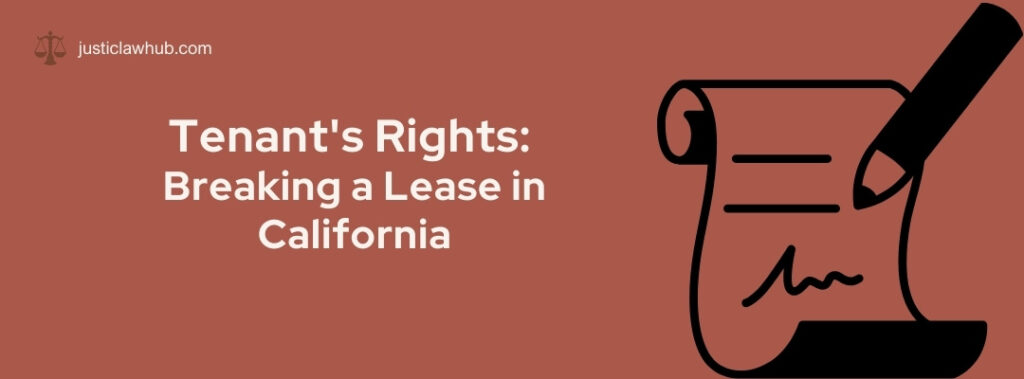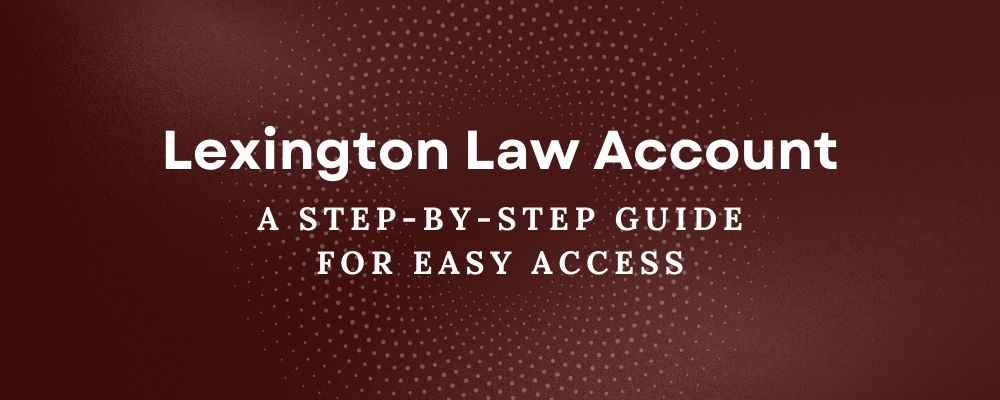Losing a job can be a stressful experience. When it happens unexpectedly, it raises questions about fairness and legality. In Florida, not all terminations are lawful. If you believe you’ve been dismissed under unfair circumstances, you may have a case for wrongful termination. Understanding your rights and the legal avenues available can help you protect your career and livelihood.
In this guide, we’ll explore the concept of wrongful termination, common scenarios, how to identify unlawful firing practices, and how to find the right wrongful termination attorney or wrongful termination lawyers near me in Florida.
What is Wrongful Termination?
Wrongful termination occurs when an employee is fired in violation of federal or state laws. It can also refer to terminations that breach an employment contract or public policy. Simply put, if your dismissal was illegal or unfair, you may have grounds for legal action.
While Florida is an “at-will” employment state, which generally allows employers to terminate employees for any reason, there are exceptions. Employers cannot terminate employees based on discriminatory factors, retaliation, or other unlawful reasons.
Common Types of Unlawful Termination
Understanding the different ways termination can be unlawful is crucial. Here are some common forms:
1. Discrimination-Based Termination
Federal and Florida law protect employees from being fired based on race, color, religion, sex, national origin, age, or disability. For example, if an employee is terminated due to their pregnancy or ethnicity, it qualifies as unlawful termination.
2. Retaliation
If you reported illegal activity, harassment, or workplace safety violations, and your employer fires you in response, this is retaliation. Retaliatory firing is illegal and falls under wrongful termination.
3. Breach of Contract
Some employees have contracts specifying the terms of employment and reasons for termination. Firing someone outside these terms constitutes wrongful termination.
4. Violation of Public Policy
Termination that goes against public policy, such as firing someone for refusing to commit a crime or for exercising their legal rights, is also considered wrongful.
Signs You May Have Been Wrongfully Terminated
Recognizing wrongful termination can be tricky, especially in Florida’s at-will employment environment. Some common signs include:
- You were fired shortly after reporting workplace violations.
- Your employer cited a reason for termination that seems inconsistent or untrue.
- Employees in similar roles or situations were treated differently.
- You were dismissed based on protected characteristics such as age, gender, or disability.
If any of these situations sound familiar, it’s wise to consult with unfair firing lawyers or a wrongful termination attorney who can evaluate your case.
The Role of Wrongful Termination Lawyers
Navigating a wrongful termination claim can be complex. A wrongful termination lawyer can guide you through every step of the legal process, from evaluating your claim to representing you in court if necessary.
These lawyers specialize in:
- Reviewing your employment records and termination documents.
- Identifying violations of federal and state employment laws.
- Negotiating settlements or representing you in litigation.
- Advising on options like mediation or filing complaints with state agencies.
Finding the right legal representation is critical. Many individuals search for wrongful termination lawyers near me to ensure local expertise and familiarity with Florida labor laws.
Related Post: Challenges of Starting Your Own Legal Practice: What Every Aspiring Lawyer Needs to Know
Filing a Wrongful Termination Claim in Florida
If you suspect unlawful termination, there are steps you can take to protect your rights:
1. Document Everything
Keep a record of all communications with your employer, performance reviews, emails, and any evidence of discrimination or retaliation. Documentation strengthens your case.
2. Consult an Attorney
A wrongful termination attorney can provide a professional assessment of your situation and guide you on the best course of action.
3. File a Complaint
Depending on the nature of your claim, you may file a complaint with the Equal Employment Opportunity Commission (EEOC) or the Florida Commission on Human Relations (FCHR). These agencies investigate discrimination and retaliation claims.
4. Consider Legal Action
If negotiations or complaints don’t resolve the matter, your lawyer may recommend filing a lawsuit for wrongful termination. Successful claims can result in compensation for lost wages, emotional distress, and legal fees.
How Wrongful Termination Differs from At-Will Termination
Florida is an at-will employment state, which means an employer can terminate an employee for almost any reason—or no reason at all. However, there are key exceptions:
- Terminations that violate federal or state anti-discrimination laws.
- Retaliatory terminations for protected activities.
- Firing that breaches contractual obligations.
Understanding this distinction helps employees identify whether their firing was truly unlawful or just an exercise of at-will employment rights.
Finding the Right Legal Help
Not all lawyers specialize in employment law. To ensure your case is handled properly, look for:
- Experience with wrongful termination cases in Florida
- Positive client reviews and a strong track record
- Transparent fee structures
- Personalized legal advice
Searching online for wrongful termination lawyers near me can help you find local experts who understand Florida’s specific employment regulations.
Questions to Ask Your Wrongful Termination Attorney
When consulting with a lawyer, it’s important to ask the right questions:
- Do you specialize in wrongful termination cases in Florida?
- How many cases like mine have you handled?
- What are the potential outcomes and risks?
- How long will the process take?
- What are your fees and payment structures?
These questions ensure you have a clear understanding of your attorney’s experience and approach.
Related Post: Ashley Wells Cox: Championing Justice and Community Leadership
Preparing for a Legal Case
Preparation is key in wrongful termination cases. Here’s what you should do:
- Gather evidence such as emails, performance reviews, and witness statements.
- Make a timeline of events leading up to your termination.
- Note any patterns of unfair treatment or discriminatory behavior.
- Avoid speaking publicly about the case or posting on social media, as it could affect your claim.
Your wrongful termination attorney will use this information to build a strong case on your behalf.
Potential Compensation for Wrongful Termination
If your claim is successful, you may be entitled to:
- Back pay for lost wages
- Front pay for future earnings if you cannot return to your previous job
- Compensation for emotional distress
- Reimbursement for attorney fees and court costs
Each case is unique, and an experienced lawyer will help determine the appropriate compensation based on your circumstances.
Related Post: Ashley Wells Cox: Championing Justice and Community Leadership
Wrongful Termination Resources in Florida
Several resources can assist employees navigating wrongful termination cases:
- Florida Commission on Human Relations (FCHR): Handles complaints related to discrimination and retaliation.
- Equal Employment Opportunity Commission (EEOC): Federal agency protecting employees from discrimination.
- Florida Bar Association: Provides directories to find qualified wrongful termination lawyers near me.
These organizations offer guidance and support throughout the legal process.
Conclusion
Facing a job loss is difficult, especially when you suspect it was unjust. Understanding your rights is the first step toward protecting yourself. Wrongful termination in Florida can take many forms, from discrimination and retaliation to contract violations and breaches of public policy.
Consulting a wrongful termination attorney or experienced unfair firing lawyers can make a significant difference in achieving a fair outcome. By documenting your case, knowing your legal options, and seeking qualified representation, you increase your chances of recovering lost wages, compensation, and peace of mind.
Remember, you don’t have to face unlawful termination alone. Florida offers legal protections, and the right lawyer can help you navigate the complexities of employment law. Take action promptly, as timely intervention is crucial in wrongful termination claims.



